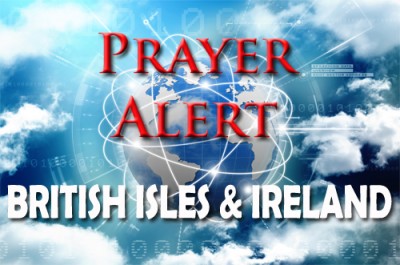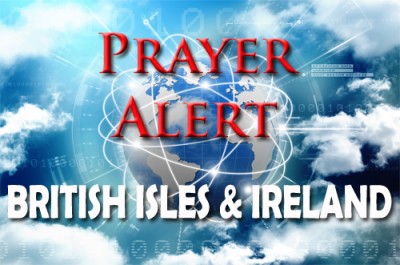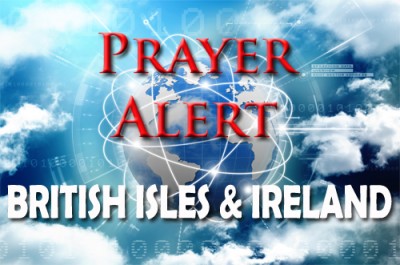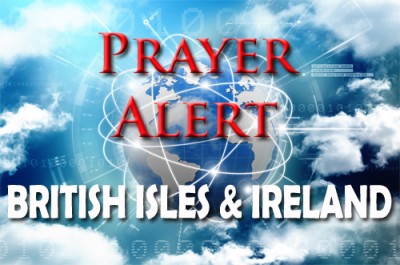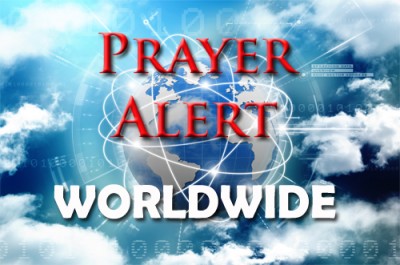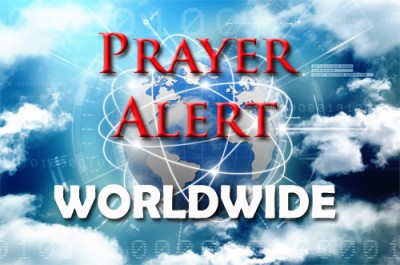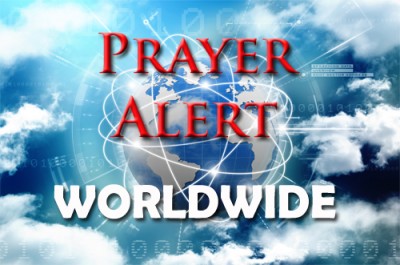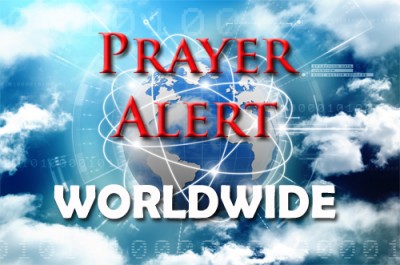Pegida UK is an anti-Islam organisation that holds protests against what it describes as ‘mass immigration and Islamisation of the West’ and is led by Tommy Robinson, formerly of the English Defence League. The Bishop of Birmingham is among those urging people who oppose this group to share a cup of tea with someone from another ethnic, cultural or religious background. The ‘Hope not Hate’ pledge is being organised to counter a march due to take place in Birmingham on 6 February at midday. Birmingham has a long and proud tradition as a diverse and harmonious city, known historically as the ‘city of a thousand trades’. People have always come from around the world to work in Birmingham, and still do to this day. Unfortunately despite its roots and proud history, the city has been 'chosen' by Pegida as the target for the British leg of a European 'day of action' targeting Muslim communities. When the English Defence League marched in Birmingham in 2013, over fifty people were jailed, thousands of pounds’ worth of damage was done, and thirty police officers were injured.
Britain has 'turned its back' on child refugees
22 Jan 2016Tim Farron, leader of the Liberal Democrats, has harshly criticised David Cameron’s refugee policy and accused the British Government of ignoring the plight of refugee orphans who wash up on Europe's shores. Mr Farron sent a letter to the Prime Minister demanding that he accept 3,000 unaccompanied orphans from the Middle East in addition to the 20,000 Syrian refugees the UK is already pledged to take over the next five years. ‘The British and French governments are guilty of turning their backs on hundreds of unaccompanied children in Calais and Dunkirk, with increasing evidence that children are subject to trafficking by criminal gangs involved in prostitution and drugs.’ The 3,000 number was originally developed by Save the Children, following reports that 4,000 children have gone under the radar since arriving in Italy in 2014; authorities fear that they have been taken by people-traffickers and forced into drugs or prostitution.
Scotland: calls for prayer
22 Jan 2016Alistair Barton, the director of Pray for Scotland, writes, ‘For many the year opens up like a new dawn - full of potential and promise. We may have fresh excitement about what God may do in us, with us, through us, and in our nation. But as the pressures of the world flood in on every side, it can often be difficult to maintain our sense of excitement, anticipation and hope that God will break through the seemingly ever-increasing darkness. Nevertheless, we continue to believe that prayer changes things, and that persistent, faithful prayer can change the destiny of families, communities and nations.’ “Trypraying” is launching a new forty-day prayer guide for Lent entitled ‘Catching the Wave’. Pray for Scotland and Parliamentary Prayer Scotland are jointly promoting a forty-day prayer call from Easter Sunday to the Holyrood elections on 5 May, called ‘As One! - Prayer Shield 2016’.
Man arrested on suspicion of terror offences.
22 Jan 2016A 22-year-old man in Maidenhead was arrested under Section 41 of the Terrorism Act by the Metropolitan Police's counter-terrorism command. Police said the arrest was in relation to the commission, preparation or instigation of terrorism. The man is being held in custody in a central London police station, while officers search a residential and business address in Berkshire. The local police area commander for Windsor and Maidenhead stated that he understands that the local community may be concerned following today's operation. He said, ‘I would like to reassure everyone that today's activity is as a result of an ongoing investigation which was intelligence-led. There is no evidence to suggest the community was at risk.’
USA and Uganda Primates in Canterbury
22 Jan 2016The Most Revd Dr Foley Beach, Archbishop of the Anglican Church in North America, was a full, voting participant in the Primates’ gathering, but did not feel it appropriate to vote as he’s not part of the official Anglican structures. He is in communion with provinces which represent the majority of the Anglican Communion but left the Episcopal Church after it approved consecration of non-celibate homosexual persons to be bishops and gave approval to liturgies for same-sex unions. The Archbishop of Uganda, the Most Revd Stanley Ntagali, left the gathering. This was because canons passed by Uganda’s provincial synod prevented his sitting with the US Episcopal Church or the Church of Canada unless they repented on their stand on the same issue. For him to attend was putting him out on a limb with his people. He didn’t leave out of anger. He just felt he was not being faithful to his duties as an archbishop. So the Primates blessed him, and he blessed them and left. See also article 1 in the British Isles section of this week’s Prayer Alert.
Over a billion people live with some form of disability, and it disproportionately affects vulnerable populations. They often do not receive needed health care, and disabled children are less likely to attend school. They are more likely to be unemployed and are vulnerable to poverty. However rehabilitation maximises functioning and independence; they can live and participate in the community, and barriers can be overcome. Last year’s Lausanne Movement gathering stated, ‘Developing young leaders is a biblically sustainable mission strategy.’ John Stott has said that training the next generation of young leaders should receive the highest priority. At the climax of history, when people from every tribe and nation worship the Lord on His holy mountain, persons with disabilities will be among them. Decades ago we ministered to the disabled; today we have quite a few leaders with disabilities, but need to encourage more.
President Rouhani says the official implementation of the nuclear deal between Tehran and six world powers will increase Tehran’s engagement with the world. Companies will again be able to send skilled workers and university lecturers into the country, opening the door for Christian ‘tentmakers’ to officially enter the country. Young people are the largest population bloc in Iran (over 60%) and are among the most politically active in the Islamic world. Iran is also one of the most tech-savvy societies with an estimated thirty million Internet users, led by the youth, and boasting between 60,000 and 110,000 active blogs (one of the highest numbers in the Middle East). Pray for visas once again to be issued to Christian teachers and technicians and for ‘businesses’ to move into Iran legally. Pray protection for Iranians who are currently engaging with the underground Church.
Pakistan: pastors’ and prayer leaders’ gathering
22 Jan 2016A pastor and prayer warrior in Pakistan writes, ‘We started the prayer chain for our conference ten days ago, and will close it with a fasting day on Saturday. Thanks to the Lord, we are expecting more than three hundred leaders from all over Pakistan this weekend. Our budget target is $15,000; by His grace so far we have reached $10,000, and I trust in the Lord for the rest. Please join us in prayer for this weekend’s conference. We need God’s security for the venue and protection of church premises and accommodation venues. Other prayer points are: speakers and organisers; management/administration; food; financial provision; and transformation of our vision.’
